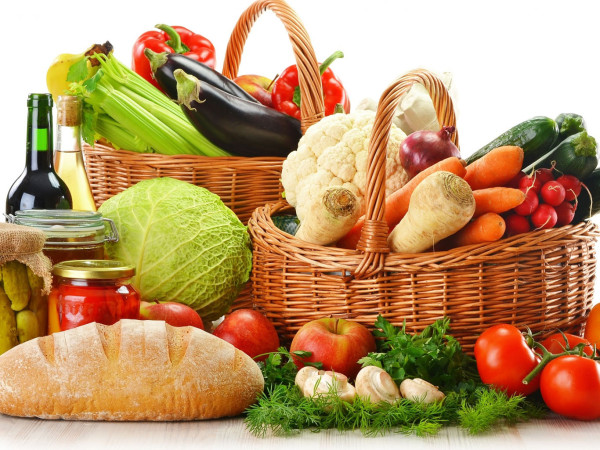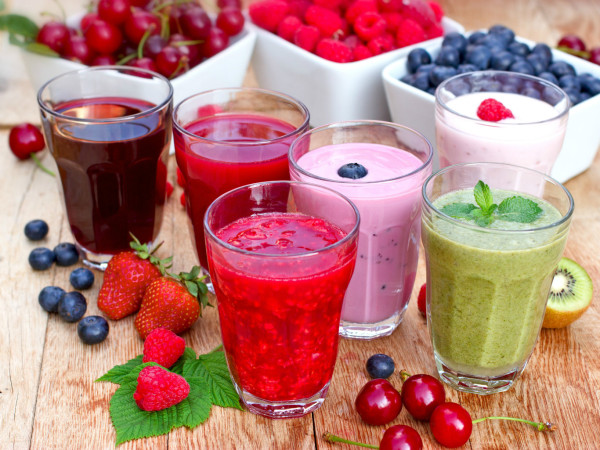How to restore the stomach
Improper nutrition and diseases of the gastrointestinal tract affects the gastric mucosa. Inflammation of the mucous layers of the stomach can be a side effect of drugs, or harmful chemicals, if they enter the stomach. Due to the negative impact, this organ stops working normally.
Content
How to get your stomach working 
All stomach diseases begin with malnutrition, this concept means not only the intake of harmful food products, but also not adhering to the diet. And unfavorable ecology, inadequate sleep and nervous disorders cause additional harm to the stomach. What measures need to be taken to improve the work of the stomach:
- The first thing to do to restore the stomach is to go on a diet. And the stricter the diet is followed, the faster the mucous layer of the stomach will be restored.
- It is necessary to adhere to fractional nutrition and eat in small portions. Have dinner no later than 4 hours before bedtime.
- Exclude fatty and fried foods, smoked meats, preservation from daily consumption. A sick stomach poorly assimilates yeast bakery products, salty, spicy and sour foods. Coffee and carbonated drinks are also banned.
- Reduce the use of cabbage, herbs, mushrooms, raw vegetables, which are poorly digested by a sick stomach.
- Chewing food thoroughly is essential.
- It is necessary to stop taking alcoholic beverages and smoking.
- If possible, show less nervousness and avoid stress.
- Take care of healthy sleep and active rest.
How to restore the stomach lining
Medical restoration of the gastric mucosa should be agreed with a gastroenterologist. To prescribe competent drug therapy, the doctor needs to know the cause of mucosal inflammation. Often the microbiotic environment of the stomach suffers from disturbed gastric acidity. When diagnosing, the concentration of gastric acid is measured. And according to the results of the study, therapy is prescribed. Treatment with pharmacological agents is aimed at eliminating inflammation and accelerating the regeneration of irritated stomach tissue.
- With poor digestibility, enzymes are prescribed, with increased acidity, antacid medicines are prescribed.
- Along with drugs, vitamin and mineral complexes are prescribed.
- In cases where the gastric mucosa is irritated by taking antibiotics, prostaglandins and reparants are prescribed.
- With the help of eubiotics and probiotics, the microflora in the stomach is normalized.
Combining proper nutrition with drugs that reduce or increase acidity, you can normalize the mucous layer of the stomach.
Traditional medicine can be of great help in restoring the mucous membrane. Herbal preparations with celandine, chamomile, St. John's wort, immortelle will help relieve irritation of the mucous membrane and facilitate the digestion process. Plantain and yarrow are also recognized as gastric herbs. Sea buckthorn oil has wound healing properties, it is actively used to treat stomach problems. Flaxseed, infusions and decoctions from seeds have the same characteristics, they envelop and relieve irritation from the walls of the stomach.
Foods that are good for the stomach
To maintain a healthy stomach, it is recommended that you regularly eat the following foods:
- Porridge from cereals. Buckwheat, oats, brown rice, millet, barley are a source of vitamins and minerals. Cereals are easy to digest, well absorbed, and are a prophylaxis against gastrointestinal pathologies.
- Bran and whole grain bread is a source of fiber, which improves gastric motility and ensures good digestion.
- Fermented milk products containing live bifidobacteria and lactobacilli support a healthy microflora of the stomach.
- Vegetables, raw or cooked, thanks to the fiber they contain, facilitate the digestion process, supply the body with vitamins and minerals.
- Banana and avocado, these exotic fruits help keep the stomach lining normal.
- Flax seed, a product enriched with fiber, vegetable proteins, vitamins. The enveloping properties of the seeds solve the problems of the mucous membrane of the stomach and intestines.
- Berries and fruits, due to their high fiber content, facilitate the digestive process and are rich in micronutrients useful for the stomach.
The principle of separate feeding should be taken into account and, if possible, adhere to it. The combination of protein and carbohydrates will strain the stomach and make digestion difficult. And if you combine proteins with vegetables, and carbohydrates with vegetables, then there will be no problems with the gastrointestinal tract.
Drinks that are good for your stomach
For normal gastrointestinal activity, you must drink at least 1.5 liters of water per day. The stomach will also be of great benefit:
- Juices from fruits and vegetables, it is better to use them freshly squeezed, before meals.
- Homemade kissel.
- Compotes made from non-acidic fruits and berries.
- Green, white tea.
- Herbal tea.
- Spice tea.
- Mineral water.
- Kefir, fermented baked milk (not recommended for inflammation of the mucous membrane).
- Chicory, has an antimicrobial effect and restores the gastric mucosa.
It is necessary to understand the importance of a healthy microflora of the stomach, an imbalance can lead to serious pathology, with all the ensuing consequences. It is recommended to prevent the development of dysbiosis with a healthy diet, reasonable intake of medications. A stable balance of the microbiotic environment of the stomach will provide a person with normal digestion, a slender figure, healthy skin and strong immunity.





